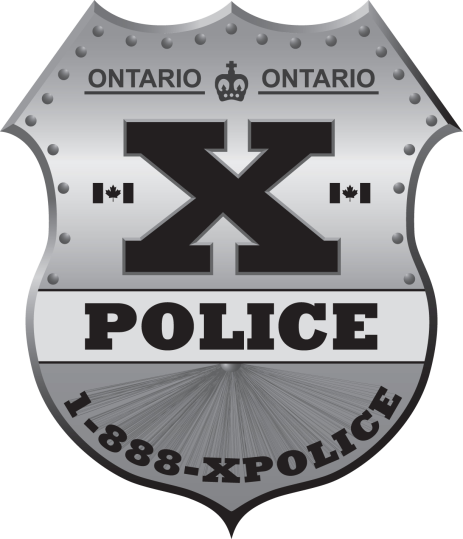
A conviction for drinking and driving means a criminal record. It also means losing your driver’s licence for at least one year on your first offence, and automatic jail time on your second. (Fotolia)
A far worse fate is ending up the partygoer who is stopped for drinking and driving because you made the terrible mistake of getting behind the wheel after consuming a few too many.
If you’re reading this and thinking you made it through this year’s round of Christmas parties unscathed, remember, that was only round one. You still have that New Year’s party coming up, and the champagne, beer and spirits will be flowing once again.
A conviction for drinking and driving means a criminal record. It also means losing your driver’s licence for at least one year on your first offence, and automatic jail time on your second.
You don’t have to be driving like a drunk in order to get pulled over for drunk driving. The police can stop you at random as part of a Reduce Impaired Driving Everywhere (RIDE) program. The police tend to increase RIDE programs during the holiday season.
If the police stop you as part of a RIDE program, or if they have reason to believe you are driving with alcohol in your body, they will demand that you blow into a roadside screening device. Refusing to blow is a criminal offence.
Failing this screening test will get you arrested for driving with more than the legal limit of alcohol in your blood. That legal limit is 80 mg of alcohol in 100 ml of blood.
Getting arrested for drinking and driving will get you hauled down to the police station, where you will be required to provide two further samples of your breath to determine your blood alcohol concentration. Refusing to provide those breath samples is a criminal offence.
Simply getting charged with these offences will get your licence suspended for 90 days and your vehicle impounded for seven days. That is over and above the penalties you will face if you are found guilty of one of these offences.
It is also important to remember that there are two distinct drinking and driving offences that carry the exact same penalty: driving with more than the legal limit of alcohol in your blood, and impaired driving.
You see, simply driving with more than the legal limit of alcohol in your blood is a crime, even if your ability to drive is not impaired, and your driving is flawless.
Conversely, even if you have less than the legal limit of alcohol in your blood, your ability to drive might be impaired by the effects of alcohol.
The Supreme Court has ruled that impaired driving can be established by proof of any degree of impairment, ranging from slight to great.
A first conviction for driving with more than the legal limit of alcohol in your blood, impaired driving, or refusing to provide a breath sample, carries a mandatory minimum penalty of a $1,000 fine and a one-year driving prohibition.
A second conviction means a minimum of 30 days in jail and a two-year driving prohibition, although the Ministry of Transportation will suspend your licence for three years.
There are steps you can take to get back behind the wheel sooner, if you fulfill the requirements of Ontario’s Interlock Ignition Program.
A third or subsequent conviction means a minimum of 120 days in jail and a three-year driving prohibition, although the Ministry of Transportation will suspend your licence for life.
In each case, I have cited the mandatory minimum penalties. The penalty could be greater, depending on the circumstances.
You will also face significantly increased automobile insurance rates following a conviction for drinking and driving.
No amount of cab fare is worth the potential consequences of a criminal conviction or a life-altering injury or fatality. Enjoy your night out on New Year’s Eve. But if you’re going to drink, either get a ride with someone who isn’t, catch a cab, or call a chauffeur service. Otherwise you may be ringing in the new year from the police station, and calling someone like myself for legal advice.
Source: Ottawa Sun
